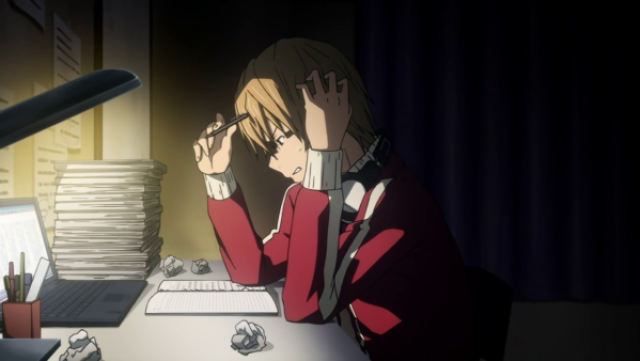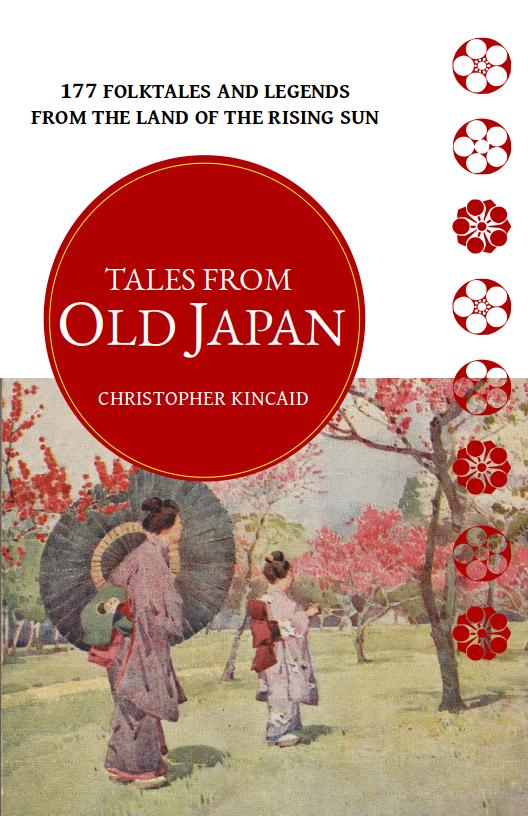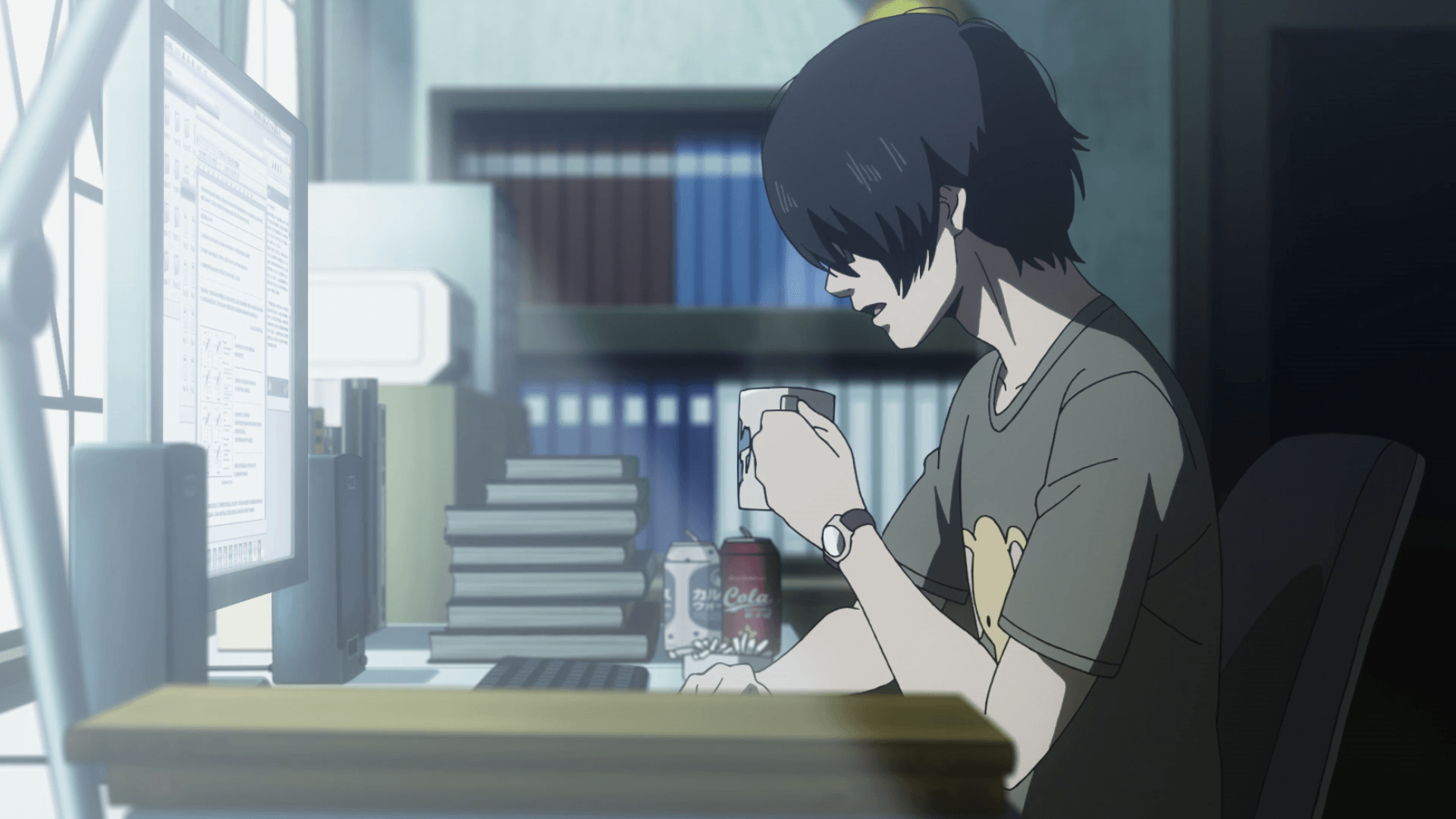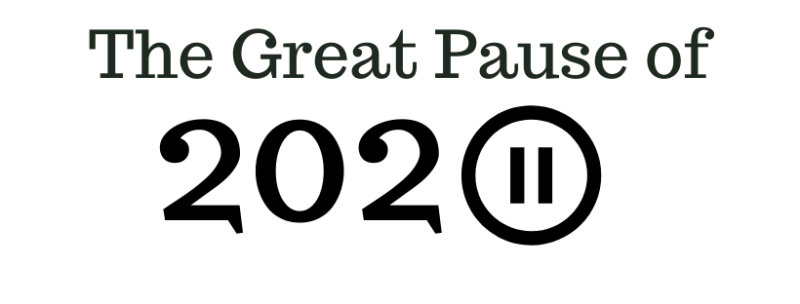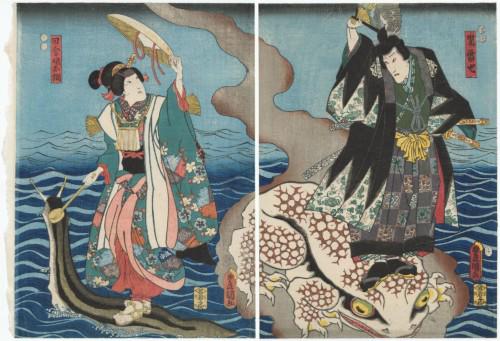My work Tales from Old Japan: Folktales and Legends from the Land of the Rising Sun proved to be a 4-year writing challenge. It’s my most ambition project so far, and one that I felt inadequate doing. The goal was to collect every Japanese folktale available in English and rewrite them for modern readers. I wanted a book for myself; I didn’t like how scattered all the stories are for English readers. What’s more, the stories are often trapped in erudite Victorian English. The Japanese gods sometimes spoke in Latin, and the stories were often trapped in aristocratic viewpoints.
Throughout the project, I felt impostor syndrome. After all, who was I, some nobody, to modernize the language of iconic collections from the likes of Lafcadio Hearn? Interestingly, I had learned during my research that the English collections were the oldest written version of most Japanese folktales. For various reasons, the Japanese didn’t write down their stories in a systematic way until after Westerners did. Yanagita Kunio collected folktales shortly after Hearn and others published their collections. He’s known as the father of modern Japanese folklore. Westerners predating Kunio’s collections wasn’t unusual, however. This was also the case for the Grimm brothers and their collections of folktales. These stories are oral traditions until the Grimm brothers wrote them down, and, in the case of Japan, people like Lafcadio Hearn, William Griffis, and others did the same.

All of this stood out on in my mind as I rewrote these stories. I set out not only to remove words offensive to modern readers, often racist in connotation, but rework the stories to make them readable to people who don’t understand Japan. This led me to add dialogue where there was exposition. I broke summaries into scenes with descriptions and small subplots. But the entire time I reworked the stories, I was mindful to keep them true to the originals. In many cases, these rewrites combined two or three regional flavors of the story into one. In the end, I collected and rewrote 177 stories in this way, feeling uncertain about my decisions throughout the work. I was knowingly changing stories the Japanese people had told for centuries. Yet, my goal was to bring these stories to casual modern readers who didn’t want to parse through transliterations and references to obscure Victorian essays about Japan. Tales from Old Japan isn’t meant to be scholarly. I’m a librarian, and I want people to read. Accessibility matters.
That idea of accessibility remained my guiding principle, and it’s my approach to JP too. People don’t read anymore; attention spans are short now. Books have to compete with YouTube, so they have to be as consumable as possible. Reading will never be as consumable as video, and complicating reading in any way hurts that consumability. So this left me with a balancing act while staying true to the material, making it accessible, and also letting my own writing style show through. I can’t claim success. That’s the thing about writing. The reader has the final judgment. It’s a fact writers struggle with. Once you publish anything, your control of the work ends. Readers collaborate with you as a writer. They read and interpret your words, often in ways you can’t guess. They interpret your words in ways you didn’t intend! So with Tales from Old Japan I have to let readers decide if I’ve succeeded in my goal of making Japanese folktales more accessible and readable or not. I expect some will say I’ve appropriated or distorted them.
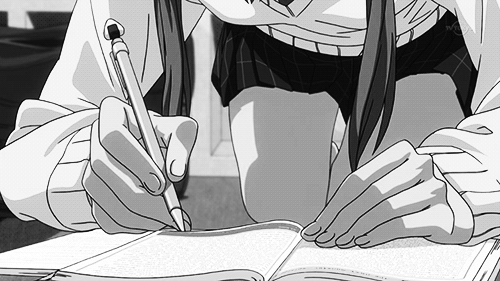
The idea to write Kanzashi came from a book I read about how geiko, geisha, are disappearing from Japanese culture. While I was aware of cultural appropriation and simply getting things wrong, I felt motivated to write Mameko’s (fictional) story. I spent close to 2 years researching before I did, and it only made me more aware of how inadequate I was to attempt to capture an imperfect view. But being a writer is about stretching yourself, to enter dangerous territory. To write what you know, as many writing books enthuse, limits you. Mainly, it’s a caution to write carefully with research behind you. The experiences of writing Kanzashi and Tales from Old Japan taught me the importance of research to act as a backdrop for writing, but the best research is invisible to the reader.
Writers need to have thick-skin to face the inevitable criticism, but most writers tend to be softhearted. The criticisms can hurt even when you understand your role in the work ends when you publish it. Your work feels like an extension of yourself; criticism of it are criticisms of you. It’s a foolish thought, but rare is the writer who doesn’t feel the way time to time. After all, it can take years of your life to produce a work. I’m uncertain which is worse: negative reviews or simply being ignored. Being ignored or lost in the ocean is inevitable for a new writer. There’s so much content produced now. In 2018, Bowker reported 1.2 million books self-published books in the US alone. Getting lost in the sea makes writing discouraging. It takes a special masochism to keep writing, an irrepressible itch to try something new and different each time, even if you are following a self-imposed framework.
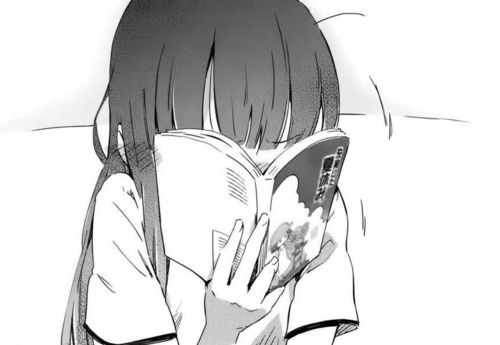
Attention remains in short supply with so many books, movies, shows, websites, social media, and other demands on it. This adds to the reality of getting lost in the mix.
I share this for those of you who are interested in writing. You can’t visit anywhere on the net without tripping over a writing blog, so I usually try to avoid adding to the noise. Yet, the blogs don’t often discuss how hard writing is outside cliches like “opening a vein.” Many focus on the success, but the hard reality is you likely won’t succeed if writing full-time is your goal. It’s possible, certainly, but it isn’t easy. Instead, write because you can’t help yourself. You can only own your actions; you aren’t entitled to the fruits of your actions. I also struggle with this fact, but the experiences I had, the lessons I learned writing Tales from Old Japan and Kanzashi are fruits I’ve benefited from. Monetary gain isn’t the only type of gain you can earn.
No matter how much you write, impostor syndrome and self-doubt will always be with you if you strive to be a good writer, whatever that means! The devils on your shoulders chatter, but you must ignore them and write if writing is what you must do. I more worry about the writers who overflow with confidence; their lack of caution can lead such writers to not do proper research. Of course, not everyone is driven to be a writer. The reality of it winnows those with the passion from those who think they want to be. There’s no shame in walking away if writing isn’t for you. There’s plenty of other creative hobbies to pursue. There’s plenty of creative hobbies that are easier and often more rewarding.
References
Bowker (2019) Self-Publishing in the United States 2013-2018. https://www.bowker.com/siteassets/files/pdf-files/bowker-selfpublishing-report-2019.pdf
